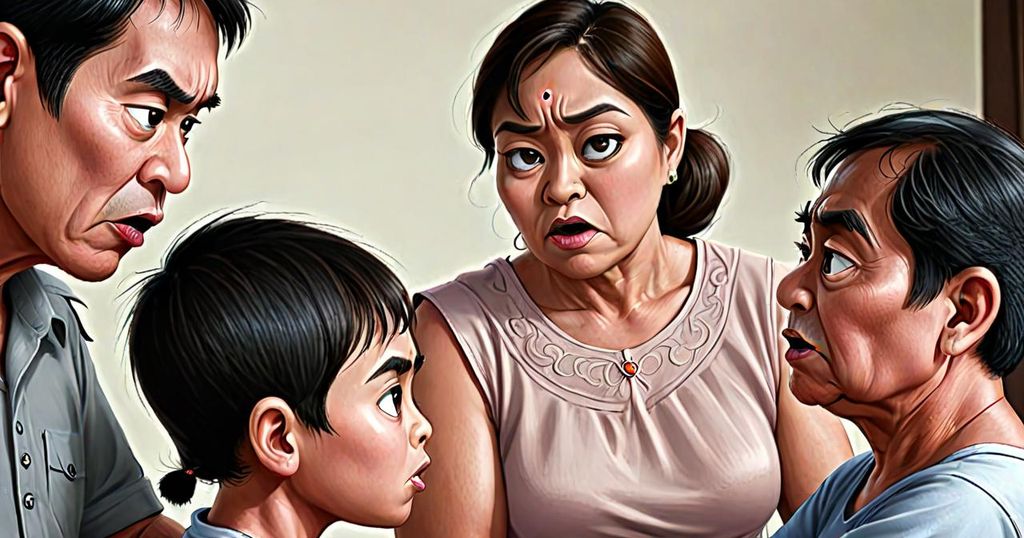The ongoing dispute between Vice-President Sara Duterte of the Philippines and First Lady Liza Araneta Marcos has garnered significant public attention. The conflict began when Marcos accused Duterte of appearing to laugh at an insult directed at the president during a rally in January. In response, Duterte firmly stated that the personal sentiments of the first lady should not influence her duties as a public official. She emphasized that her primary responsibility is to serve the people and address critical issues such as the increasing food prices, hunger, and poverty in the country.
This exchange has raised concerns about the potential escalation of familial tensions as the 2025 midterm elections approach. Political analysts are closely monitoring the situation as it may provide insights into the dynamics of the upcoming presidential race in 2028. The remarks made by the first lady have shed light on her involvement in political matters and her efforts to advance the political agenda of Marcos Jnr.
The public disagreement has also garnered commentary from field experts, with political analysts Michael Yusingco and Cleve Arguelles offering insights into the unfolding drama. Yusingco noted that Duterte’s response to the first lady’s accusations may further exacerbate the situation, while Arguelles highlighted the strategic implications of the first lady’s statements and their potential impact on various political constituencies.
Arguelles pointed out that the first lady’s explicit confirmation of strained relations with former allies signifies a shift in political dynamics. By invoking traditional Filipino values and speaking positively about a rival political figure, Liza Marcos is strategically appealing to different demographics and attempting to sway public opinion.
Despite the advantages of the Marcos camp’s political machinery, the upcoming elections are expected to be a challenging battle. With the Dutertes’ strong presence in the political landscape, the Marcoses are working to secure their support base and make strategic appeals to diverse voter groups. This maneuvering and public dialogue demonstrate the high stakes involved and the complex web of political alliances at play.
Additionally, sociologist Athena Charanne Presto highlighted the carefully orchestrated approach to shaping Marcos Jnr’s image by involving various figures to make statements on his behalf. By strategically leveraging the softer side of politics and designating spokespersons, the political camp aims to influence public perception and navigate the evolving dynamics of the ongoing feud.
As the drama continues to unfold, it is evident that the interplay of familial, political, and public dimensions has far-reaching implications for the Philippine political landscape. The careful navigation of alliances, strategic appeals, and public discourse underscores the complexity of the situation and the significant impact it may have on the future of Philippine politics.

Leave a Reply